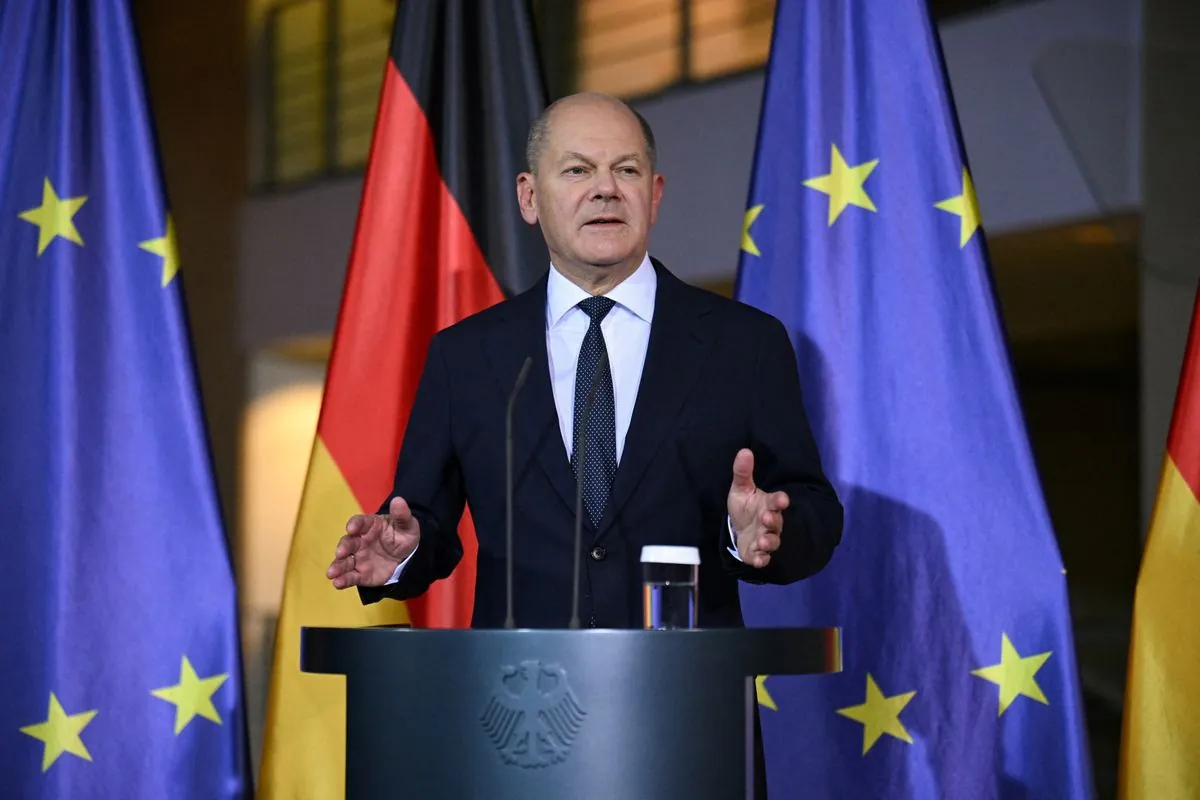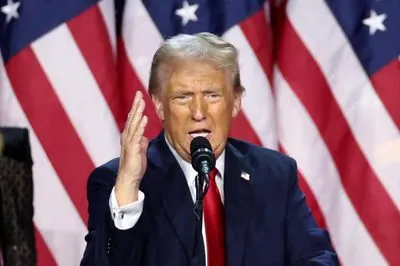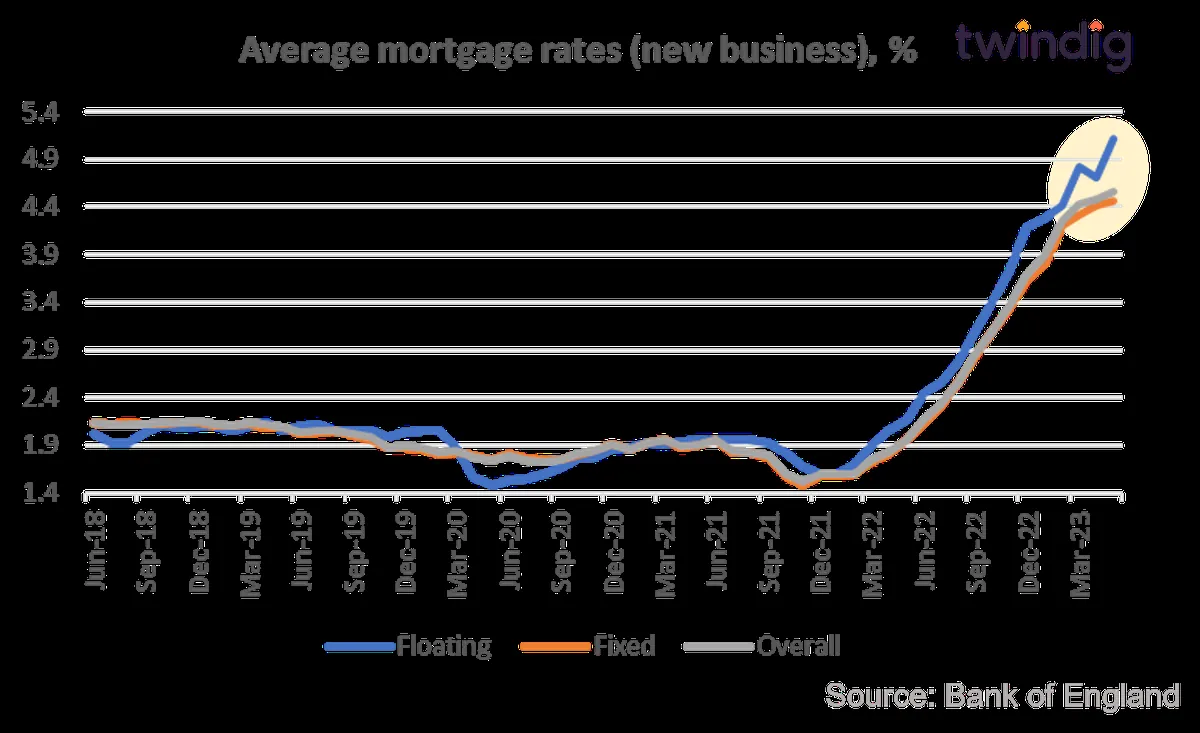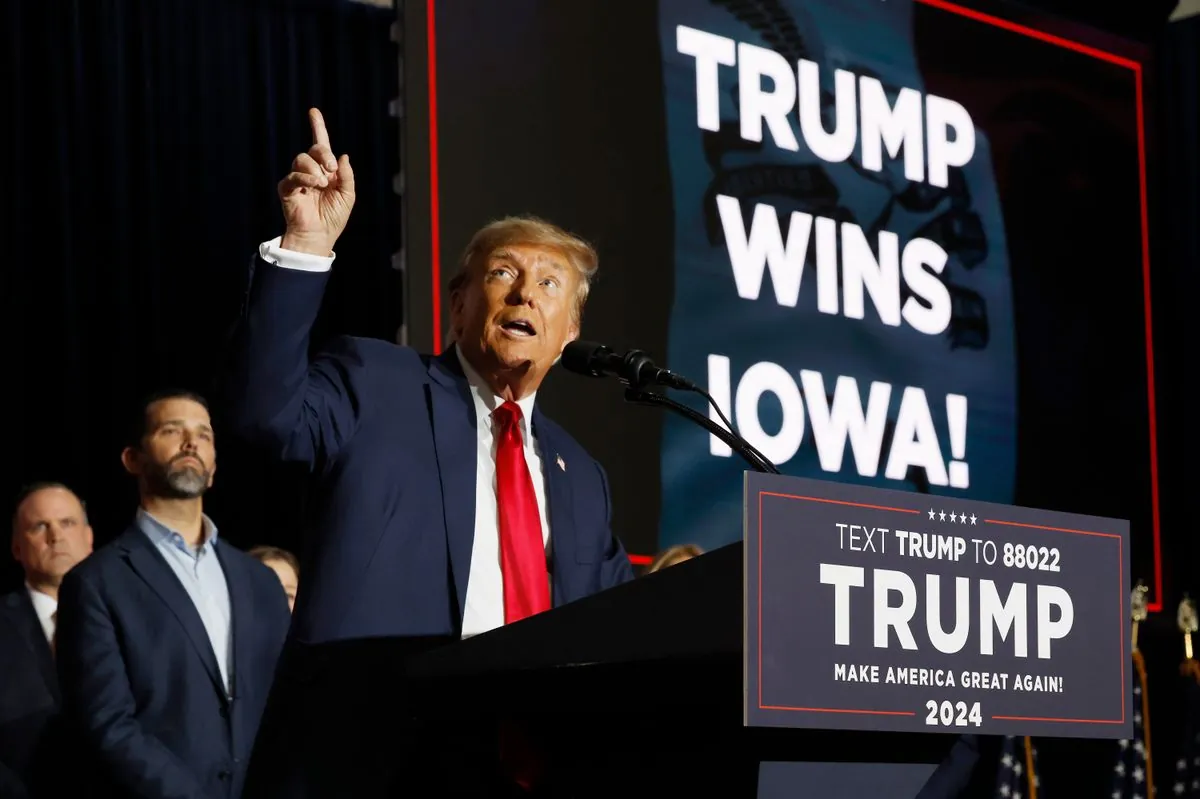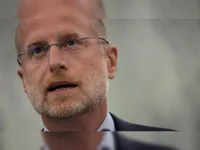Federal Communications Commission
The Federal Communications Commission (FCC) is an independent agency of the United States government that regulates communications by radio, television, wire, satellite, and cable across the United States. The FCC maintains jurisdiction over the areas of broadband access, fair competition, radio frequency use, media responsibility, public safety, and homeland security.
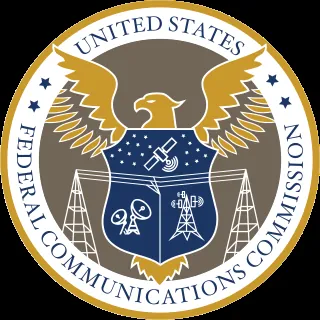
Some of the key events about Federal Communications Commission
- 1934Established to regulate interstate and international communications by radio, television, wire, satellite, and cable
- 1934Established with broad powers that some critics argued were too expansive for a regulatory agency
- 1941Issued the "Report on Chain Broadcasting" which led to more diverse radio programming
- 1941Imposed strict regulations on chain broadcasting, limiting network control over affiliate stations
- 1949Introduced the Fairness Doctrine, requiring broadcasters to present controversial issues in a balanced manner, which some viewed as government overreach
- 1962Authorized the launch of the first commercial communications satellite, Telstar 1
- 1968Implemented the nationwide emergency number system 9-1-1
- 1970Banned cigarette advertising on radio and television
- 1975Issued rules requiring closed captioning for television programs
- 1975Implemented cross-ownership rules prohibiting a single entity from owning a newspaper and broadcast station in the same market, criticized for limiting media diversity
- 1985Established the "must-carry" rules, requiring cable systems to carry local broadcast stations
- 1987Eliminated the Fairness Doctrine, which some argued led to more partisan broadcasting
- 1996Implemented the Telecommunications Act, promoting competition in the telecommunications market
- 1996Approved the Telecommunications Act, which critics say led to increased media consolidation
- 2002Authorized the use of ultra-wideband technology, enabling new wireless communication applications
- 2003Relaxed media ownership rules, allowing companies to own more TV and radio stations in a single market
- 2015Adopted net neutrality rules to ensure open internet access
- 2015Classified broadband internet as a telecommunications service, implementing net neutrality rules that were controversial among internet service providers
- 2017Repealed net neutrality rules, sparking widespread criticism from consumer advocates and tech companies
- 2020Rejected a petition to add a content warning to President Trump's coronavirus briefings, which some viewed as a failure to protect public health
Disclaimer: This material is written based on information taken from open sources, including Wikipedia, news media, podcasts, and other public sources.
Federal Communications Commission Latest news
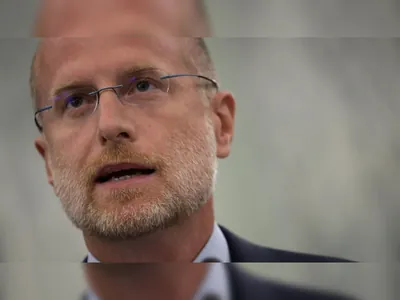
Trump's new FCC pick could reshape America's internet rules forever
A Washington insider gets picked to lead US communications watchdog. His plans to change big-tech rules and satellite internet regulations might affect how Americans use social media
Business, Politics, Science • November 21 2024 , 11:36 AM • 461 views

Elon Musk's shocking political switch brings unexpected twists to US election race
Tech billionaire **Elon Musk** makes surprising moves in US politics while pushing for massive government changes. His recent rally appearances and million-dollar voter initiatives show growing influence in presidential race
Business, Economics, Politics • November 4 2024 , 04:46 PM • 649 views


